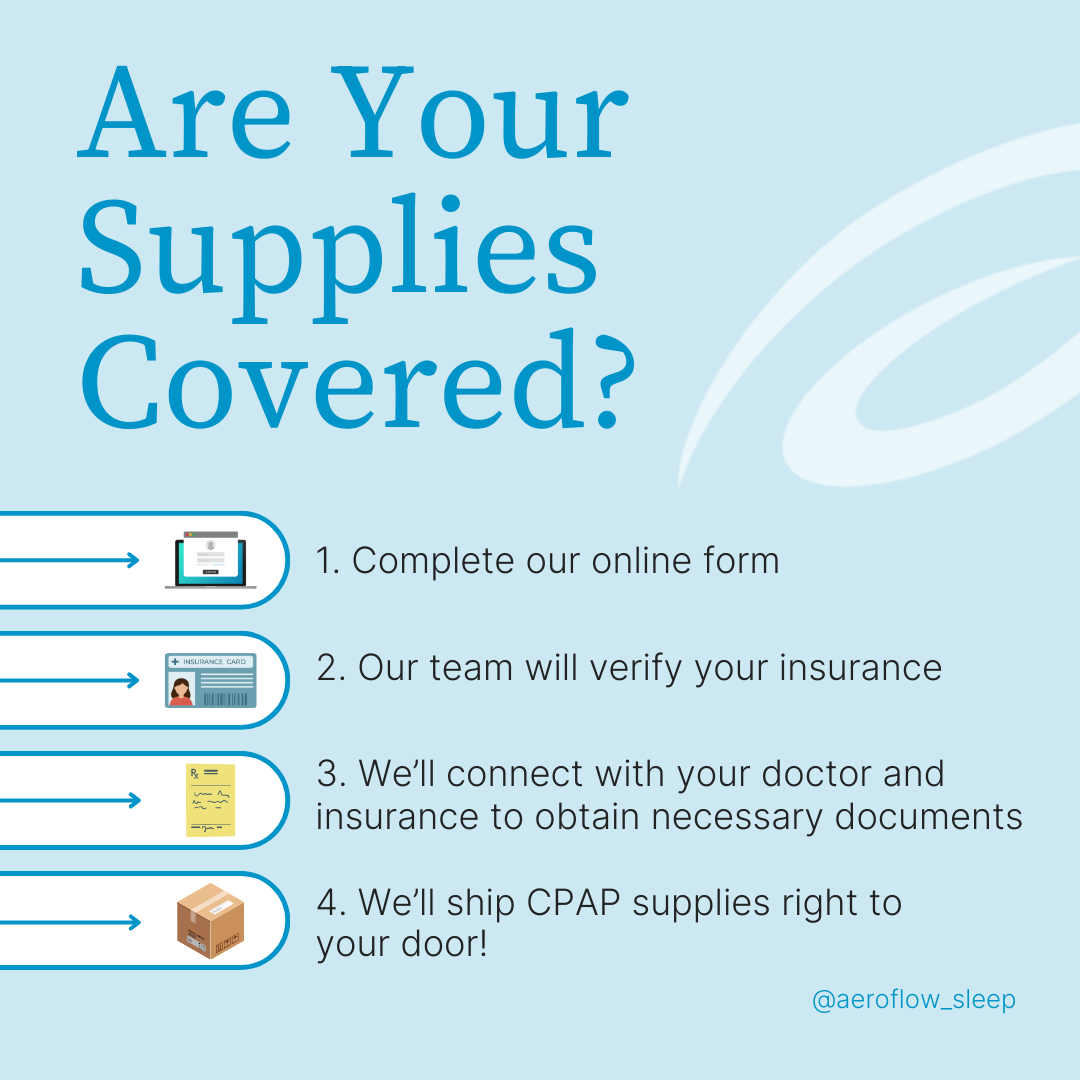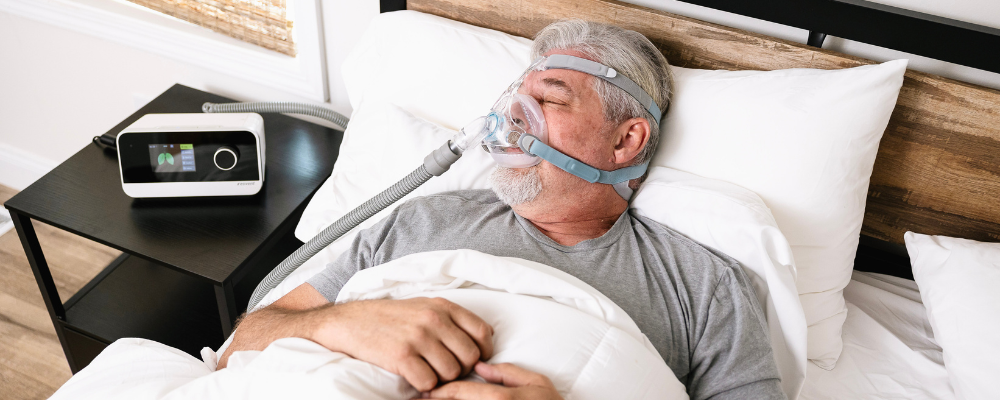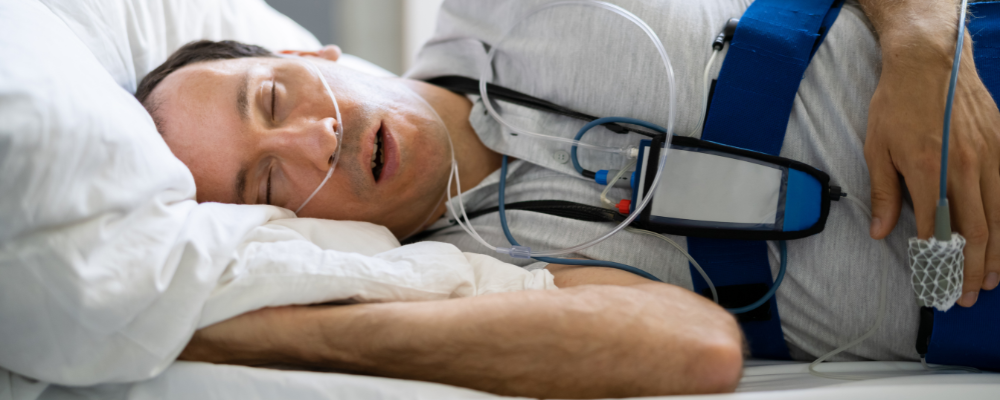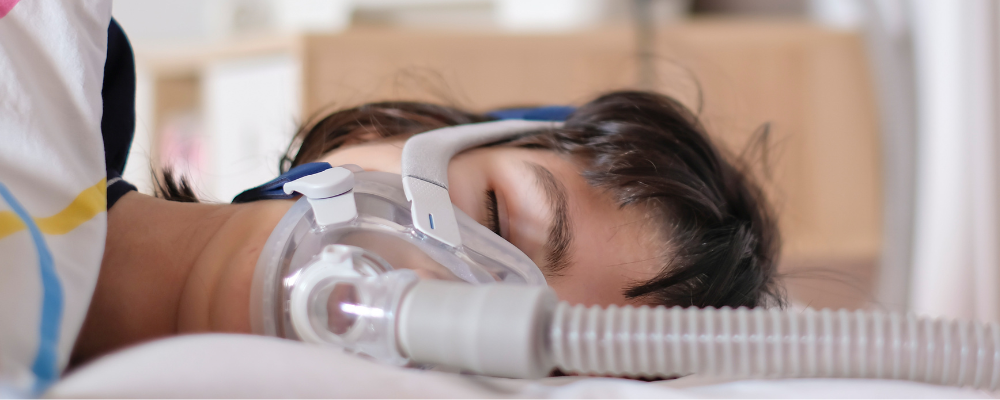Cognition, as defined by the National Library of Medicine, is “the mental action or process of acquiring knowledge and understanding through thought, experience, and the senses.” Cognitive issues and memory loss are often listed as symptoms of sleep apnea, but how do we know if we are dealing with these symptoms? These are broad terms, difficult to pinpoint in daily life, especially since phrases like “brain fog” have become commonplace and seem to cover a range of experiences.
Aeroflow Sleep does a good job of approaching the clinical angle already, but a patient perspective is special. That’s where I come in; with real life experiences of my own and those of the guests on my podcast. And, hearing their stories, I’m confident that there are 3 common, cognitive denominators you should be aware of if you think you have obstructive sleep apnea.
1. Word Finding
Have you ever looked at an object and struggled to find the word for it? You know we have; as blog writers, it’s called writer’s block. In your case, maybe you were in the store and bumped into a neighbor you know well but just couldn’t remember their name. Most people have the occasional difficulty when word finding (or word retrieval) is an issue but if it becomes more frequent and starts to interfere with your life, it can be a sign of obstructive sleep apnea (OSA,) among other conditions.
I interviewed one patient for an episode of my “Sleep Apnea Stories” podcast, and she described a specific occasion where her inability to find the right words started to interfere with her job. To preserve the privacy of each patient, we’ve changed their names.
Sarah was demonstrating the features of a camera in front of a group of employees at a big electronics store. She began to explain how the lens cap worked as part of a presentation she had given dozens of times before. On the podcast, she recalled staring at the lens cap and not being able to conjure up the words to describe it.
This was a turning point for Sarah, and she became determined to find answers about her health issues. She was referred for a sleep study and received her diagnosis of obstructive sleep apnea. Now, having begun treatment for her OSA, Sarah is noticing improvements in her ability to word find, making this a likely medical condition that resulted in cognitive issues.
2. Connecting Consequences
A second podcast guest, Rachel described the cognitive issues that led to her obstructive sleep apnea diagnosis. Rachel was in a pet store with her husband, and she saw a precarious display of fish in a pyramid; each fish in a cup stacked one on top of the other. She reached to grab one of the cups, and her husband stopped her, realizing all the fish would fall down if she disturbed the display from the place she had reached. This inability to make the necessary connections in the brain linking actions to consequences is an example of a cognitive issue.
I had my own example of failing to connect consequences before my diagnosis. I was cooking, and I had a moment where I felt confused about what to do next. I was looking at the pan and just didn’t know what to do, even though I had made the same recipe so many times before. Thankfully, since starting CPAP, I haven’t had another incident like that, but there’s still one more cognitive issue that can pose a problem for people…
3. Forgetfulness
Forgetting to do things can also cause problems. I have had a myriad of episodes where I completely forget to complete a task. The worst episodes of forgetfulness I have experienced were before my diagnosis with OSA and treatment with CPAP. After therapy though, I noticed a significant improvement in my ability to remember key pieces of information.
One particular example that shocked me, at the time, was during a period where I had discovered “meal planning.” On Sunday, I was buying groceries to prepare a large batch of a few meals in large quantities to refrigerate or freeze. Then, on Tuesday, I started pulling out ingredients for my pork, cabbage, and apples recipe. There was no pork in the fridge. I knew I bought some, so I looked and looked. Later that day, I had to go and clean my car out…and there, lying in the corner of the trunk, was my large package of pork, smelling terrible!


If this were a one-off, it wouldn’t indicate an issue, but this was not an isolated incident. I forgot directions to places I had been a lot of times, I forgot plans with friends. The forgetfulness was enough to impact my day-to-day life.
Cognitive Issues: When To Get Help
What can you do if you find yourself dealing with cognitive issues; like word finding, connecting consequences, and forgetfulness?
The first thing is to get a diagnosis and effective treatment if you think you could have obstructive sleep apnea. Some of the other symptoms to look for are:
- Daytime sleepiness
- Loud snoring
- Waking up gasping for breath
- Frequent awakenings at night
- Morning headaches
- Reduced libido
- Jaw clenching
- Grinding teeth at night
When you see your doctor to ask about a sleep study or referral to a board-certified sleep specialist, be sure to include any cognitive problems you have been experiencing. Give examples of how the word finding, memory, and cognition problems are affecting the quality of your life day to day.
The Future Of Your Brain Health
Getting a diagnosis and treatment for obstructive sleep apnea doesn’t only have the potential to improve your cognitive issues and memory loss in the short term. Untreated OSA is linked to long term memory and cognition problems too, so by treating it, the future of your brain health (even your life expectancy) may improve.
Research is still ongoing, but scientists have shown links between OSA and Alzheimer’s. In fact, the same academic source published that patients with a diagnosis of obstructive sleep apnea, who are using CPAP, have been shown to be at lower risk of developing Alzheimer’s later on.
If you are experiencing some of the cognitive issues experienced by me and my podcast guests, the time for action is now! Don’t wait for things to deteriorate, see your doctor as soon as possible. And, if you do get a diagnosis of obstructive sleep apnea, starting effective treatment could significantly improve your long-term health; both mentally and physically. Contact Aeroflow Sleep at 1-800-480-5491 for CPAP supplies through insurance or fill it the form online below; it only takes 5-7 minutes to see if you’re covered.
References
Dhakal A, Bobrin BD. Cognitive Deficits. 2023 Feb 14. In: StatPearls [Internet]. Treasure Island (FL): StatPearls Publishing; 2023 Jan–. PMID: 32644478.
Rohrer JD, Knight WD, Warren JE, Fox NC, Rossor MN, Warren JD. Word-finding difficulty: a clinical analysis of the progressive aphasias. Brain. 2008 Jan;131(Pt 1):8-38. doi: 10.1093/brain/awm251. Epub 2007 Oct 18. PMID: 17947337; PMCID: PMC2373641.
Jessica E Owen, Bryndis Benediktsdottir, Elizabeth Cook, Isleifur Olafsson, Thorarinn Gislason, Stephen R Robinson, Alzheimer’s disease neuropathology in the hippocampus and brainstem of people with obstructive sleep apnea, Sleep, Volume 44, Issue 3, March 2021, zsaa195, https://doi.org/10.1093/sleep/zsaa195
Galit L Dunietz, Ronald D Chervin, James F Burke, Alan S Conceicao, Tiffany J Braley, Obstructive sleep apnea treatment and dementia risk in older adults, Sleep, Volume 44, Issue 9, September 2021, zsab076, https://doi.org/10.1093/sleep/zsab076











